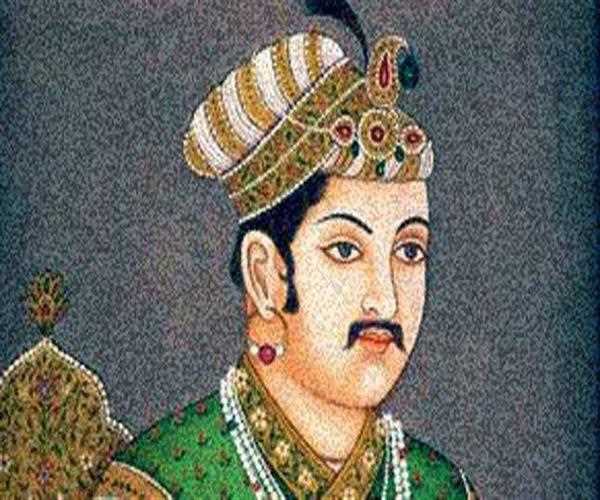Akbar was born on the day of full moon, hence his name was Badruddin Mohammad Akbar. Badr means that the full Moon and Akbar were taken from the name of their grandfather Sheikh Ali Akbar Jami. It is said that after winning conquest of Kabul, his father Humayun had changed Akbar's date of birth and name to avoid a bad look. In Arabic, the word Akbar means "great" or bigger.

Now let's talk about why Akbar was great according to the history
- In 1562, Akbar forbade war prisoners to be arrested and prohibited his wife and children from an open auction in the market.
- In 1563, he ended the taxes, such as jaziya tax and pilgrimage tax, which was taxes imposed on non-Muslim people, and it seemed that the people used to go to places considered sacred for their worship, or went from one place to another.
- Akbar was the first ruler who had given place to the Hindu people in his cabinet, and it was an opportunity for Hindus that he could also take part in the work of his state and decisions related to it, because before this, any Mughal there was no such system in the empire that Hindus could capture the post of an officer of a good rank.
- It is said that Akbar banned child marriage in his state and raise the age limit for marriage where girls were allowed to be married at 14 years of age and boys 16 years.
- Akbar made a provision of marriage tax so that the custom of polygamy can be minimized.
- Akbar also emphasized the practice of widowed marriage, and also banned sati practices and forced all the authorities to implement it that it should only be in a situation when a woman agrees for it.
- Akbar interpreted the Civil Law differently and implemented such a system in which all religions could make their own policy according to their customs and religious texts.
- Akbar also prohibited the sale of meat on the days considered to be sacred according to Hindu religion so that feelings of other religions can be taken care of.
- He also arranged separately for the translation of Hindu literature so that the customs of the Hindus can be understood in depth.
"All The Best"